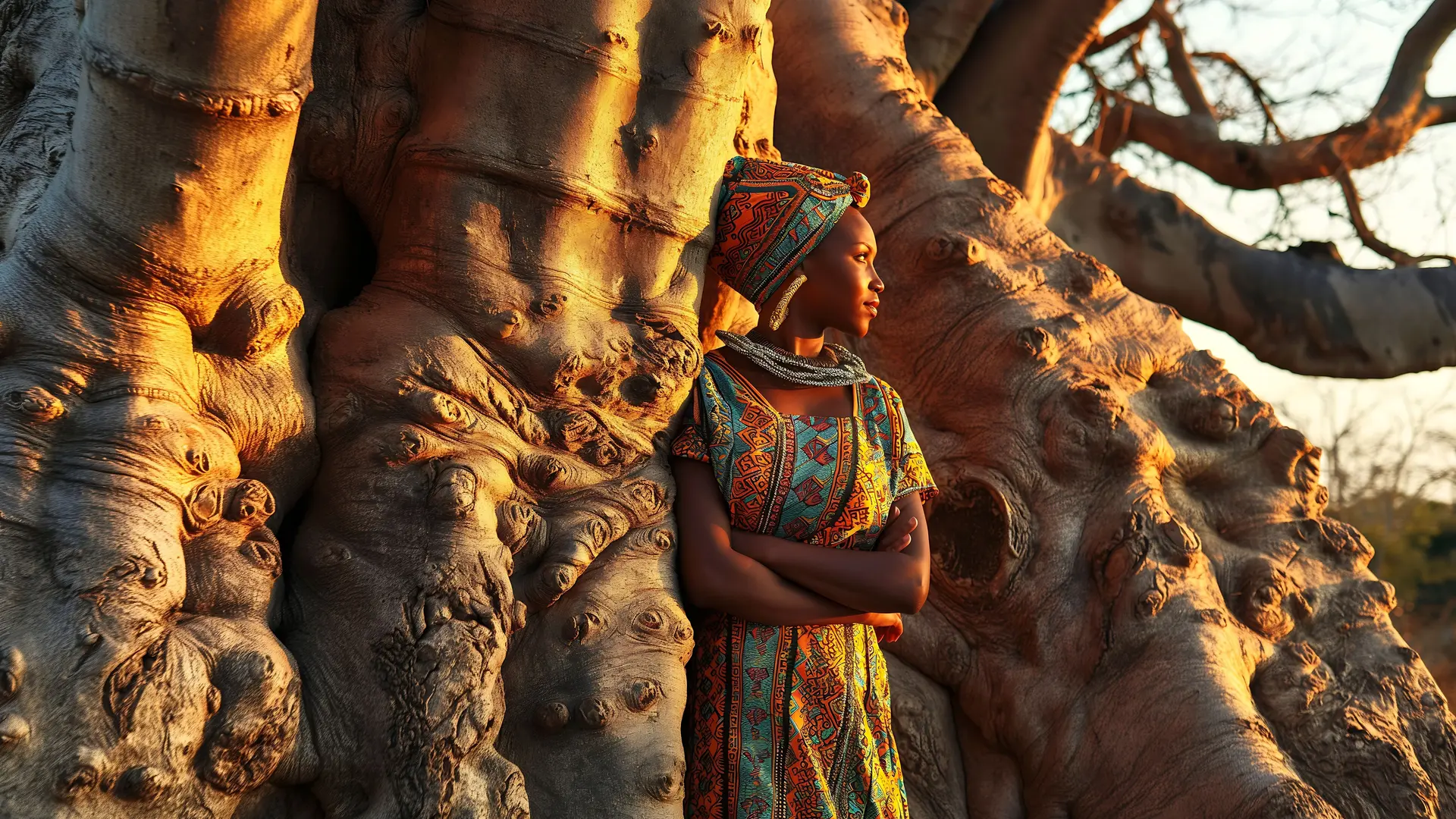
Welcome to Kenya – a land where the sun kisses the savannah, where music echoes through the mountains, and where every smile carries a story. The culture of Kenya is not just one thing – it’s a mix of people, colours, languages, food, music, and values that make this country so warm, so real, and so alive.
From the famous Maasai warriors to the sweet rhythms of Swahili life along the coast, Kenya’s culture is like a beautiful patchwork – stitched together with love, pride, and history.
A Land of Many Tribes, One Nation
Kenya is home to over 40 ethnic groups, each with its own language, traditions, and lifestyle. The most well-known tribes include the Kikuyu, Luo, Luhya, Kalenjin, Maasai, and Meru. Despite their differences, these communities live together with respect and unity.
Unity in diversity is more than just words in Kenya – it’s how people live every day.
Languages that Bring People Together
Kenya has two official languages – English and Swahili (Kiswahili) – but you’ll hear many others in markets, schools, homes, and streets. Swahili is more than just a language. It’s part of daily life. Simple greetings like:
These words create a feeling of warmth and connection across the country. Whether you're in Nairobi or a small village, you’ll feel welcome when you greet someone in Swahili.
Music and Dance – The Heartbeat of Kenya
Music is everywhere in Kenya – in churches, in weddings, on the streets, and in the hearts of the people.
Different tribes have different styles:
Kenyan dances are not just for fun – they are a way to celebrate, to pray, to welcome, and to share joy. Even at weddings, people dance not just to enjoy, but to show love and respect.
Food That Feels Like Home
Kenyan food is simple, fresh, and full of flavour. Most meals are cooked at home and shared with family. Common dishes include:
In coastal Kenya, dishes are rich in coconut milk, rice, and spices. Pilau and Biriyani are favourites, showing the blend of African, Arab, and Indian cultures.
Sharing food is a big part of Kenyan life. Visitors are often offered a meal or tea, even by strangers. That’s the Kenyan way – hospitality from the heart.
Clothing: A Blend of Tradition and Modern Style
Kenyan fashion tells many stories. While most people wear modern clothing in daily life, traditional attire is proudly worn during festivals, ceremonies, and special events.
Kenyan fashion designers are now mixing traditional and modern styles – creating clothes that are bold, beautiful, and proudly Kenyan.
Religion and Respect
Kenya is a deeply religious country. The majority of Kenyans are Christians, followed by a large number of Muslims, especially along the coast. There are also Hindus, Sikhs, and indigenous beliefs.
Religious holidays like Christmas, Eid, and Diwali are respected by all, even across faiths. This respect for each other’s beliefs creates a sense of peace and togetherness in society.
Art, Beads, and Stories
Art is a big part of Kenyan culture. From wood carvings in Akamba communities to soapstone sculptures in Kisii and Tinga Tinga paintings from the coast, Kenyan art is full of colour and meaning.
One of the most famous traditional crafts is beadwork – especially by Maasai and Samburu women. Each bead has a colour, and each colour tells a story:
These are not just ornaments – they are identity, pride, and tradition worn with love.
Family, Elders, and Community
In Kenya, family comes first. Children are raised not just by parents, but by uncles, aunts, grandparents, and neighbours. Respect for elders is deeply rooted in culture – their words are treated with wisdom, and their blessings are valued.
Communities are strong. People help each other in weddings, funerals, and daily life. Whether it’s building a house, raising a child, or starting a business – Kenyans believe in "Harambee", which means "pulling together".
Festivals and Celebrations
Kenya celebrates both national and cultural festivals:
These festivals show Kenya’s rich traditions, music, food, and the joy of living together.
Culture is Kenya’s Soul
The culture of Kenya is not just what you see – it’s what you feel. It’s in the warmth of the people, the rhythm of their dance, the taste of ugali, the stories of the elders, and the smiles of children.
It’s in the handshake of a stranger and the shared tea under a tree.
To know Kenya is to love its culture. And once you’ve experienced it – you carry a piece of it in your heart forever.